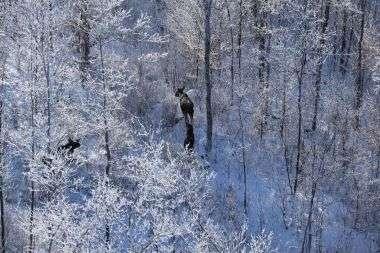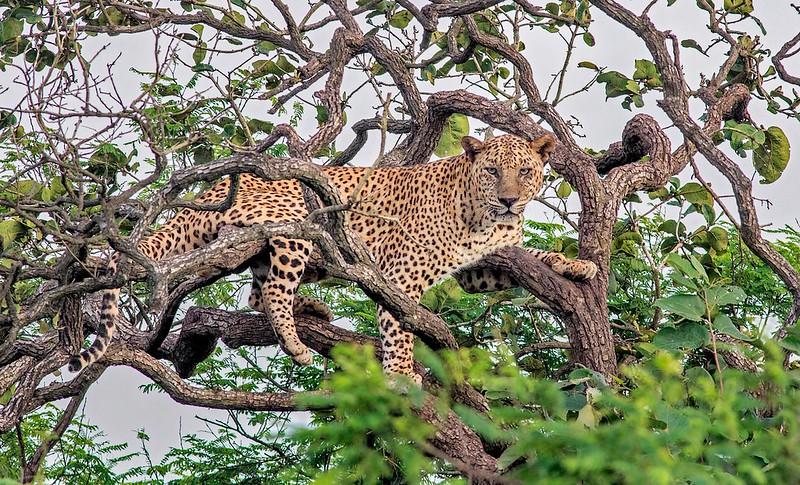In the News

March 28, 2023
In 2022, Peregrine “Peri” Wolff, DVM ‘84, was invited to serve on the Cornell University College of Veterinary Medicine Advisory Council and the Women’s Engagement & Philanthropy Initiative, supporting Cornell's focus on wildlife health and its connections to public, domestic animal and environmental health.

March 22, 2023
I vividly remember the night before I left for Tajikistan; I was nervous, excited, and utterly exhausted. I had just finished wrapping graduation gifts for my roommates and had just about moved everything out of where I was living for the last two years (including my bed)....

News
March 20, 2023
Danielle Sosnicki is a Biomedical & Biological Sciences PhD Candidate in the Travis Lab at the Cornell University College of Veterinary Medicine. She is studying mechanisms that are involved in the maturation and function of sperm, with a concentration in Zoology and Wildlife Conservation.

For Your Information
March 14, 2023
Canine distemper virus is a global multi-host pathogen that can be fatal in a range of species. This latest study shows that the presence of free-roaming dogs around protected areas in Nepal could represent a source of infectious disease for transmission to local wildlife, including endangered tigers.

March 08, 2023
An investigation conducted by ProPublica found that deforestation could increase the risk of Ebola spilling over into people at several sites in Africa. As part of their research, ProPublica consulted with Cornell's Dr. Raina Plowright, who is also a senior author of the theoretical model used in their analysis.

March 02, 2023
Cornell scientists have been part of a multiphase project looking at factors influencing reproductive and survival rates of adult moose, availability of moose habitat and population estimates.

February 21, 2023
Cornell researchers have confirmed the first cases of canine distemper virus in tigers and leopards in Nepal. This is significant, as both populations are already threatened and the virus can cause fatal neurological disease.

February 19, 2023
Cornell's Dr. Laura Goodman says there's evidence that warming temperatures have already led to the emergence of a new fungal disease, Candida auris. She says that it's probably harmless for many people, but those with compromised immune systems may be at risk.

February 17, 2023
A new study led by Cornell and partners shows for the first time that leopards in Nepal are exposed to canine distemper virus, which could be contributing to increased human-leopard conflict.

News
February 15, 2023
Danielle Sosnicki was first inspired to pursue graduate training in reproductive physiology after reading about the northern white rhinoceros, a functionally extinct subspecies of the white rhinoceros. “Their story is what got me interested in trying to help critically endangered species. That’s my goal,” she says....
